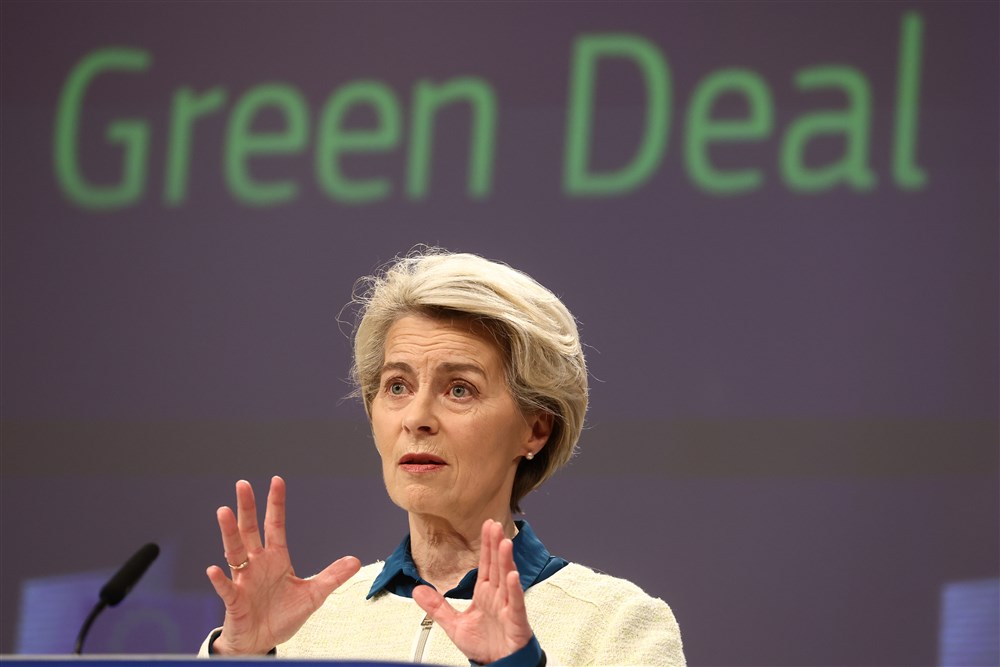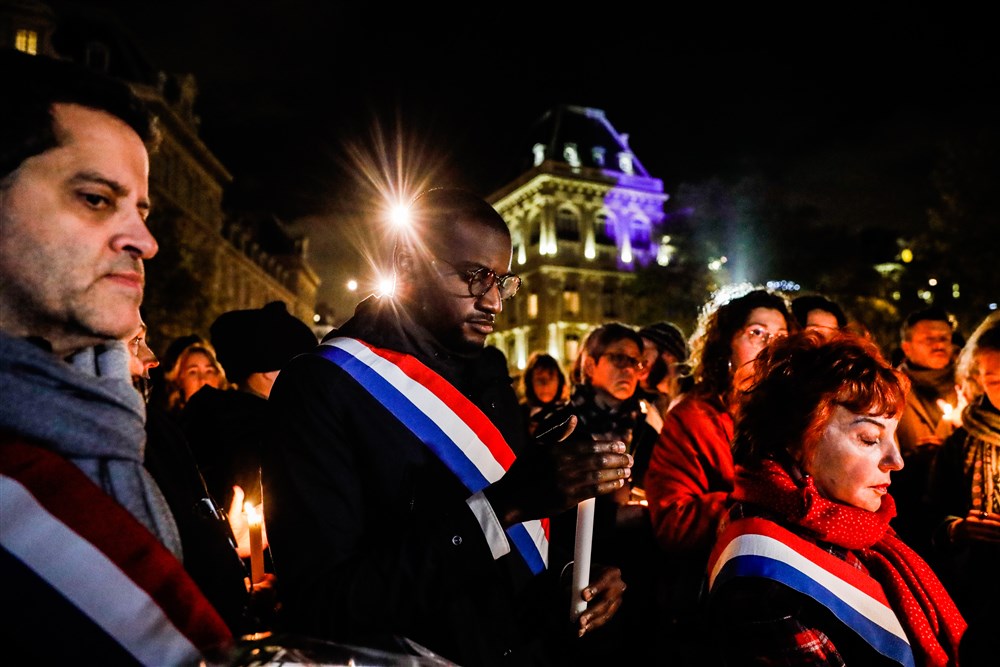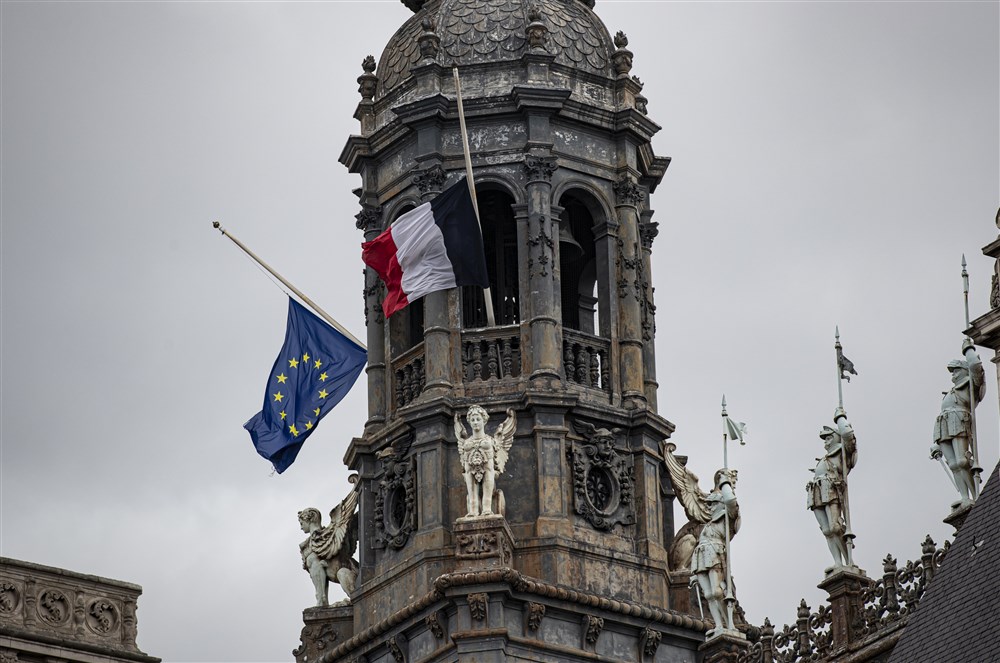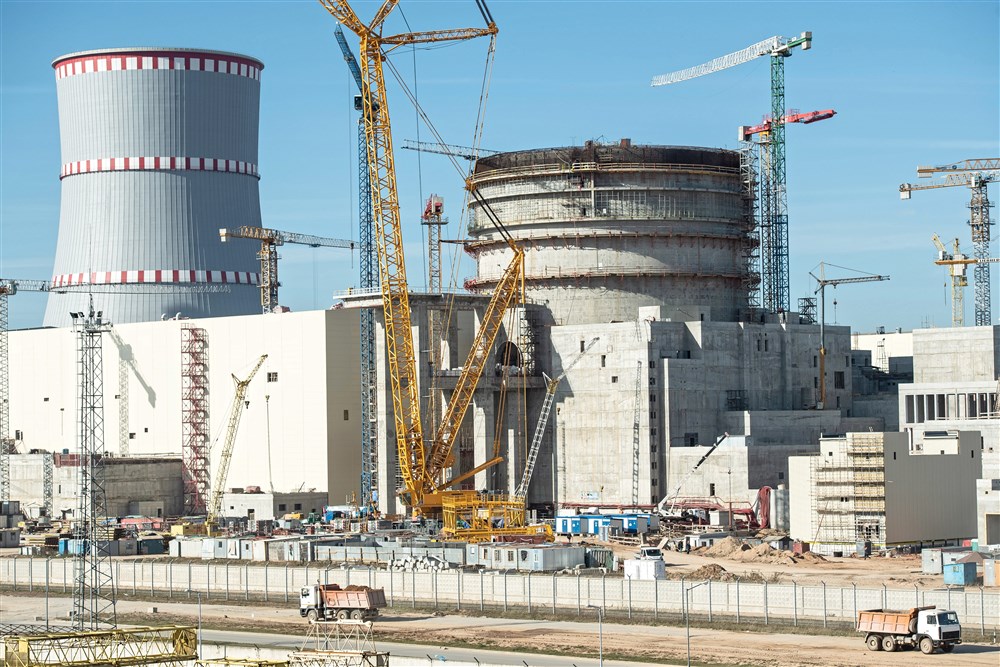French energy transition minister Agnes Pannier-Runacher on May 16 met with representatives of 15 European states as part of an expanding “Nuclear Alliance” designed to both develop cutting-edge European technology and reduce dependency on Russia.
Representatives from Belgium, Bulgaria, Croatia, the Czech Republic, Finland, Hungary, the Netherlands, Poland, Romania, Slovenia, Slovakia and Estonia saw their ranks reinforced by Sweden, Italy, and the UK. Italy doesn’t endorse nuclear energy openly and has therefore joined as an observer; UK joined as a “special guest”.
The EU Commissioner for Energy, Kadri Simson, also attended the meeting though Germany, which has just closed down its nuclear power plants, was a notable absentee.
At top of the agenda was the planned elimination of dependency on Russian fuel.
After a discussion of EU policy, the UK joined the meeting and talks focussed on operational issues. The UK has some expertise on this subject as the country is in the process of building two nuclear reactors, with two more to come.
Pannier-Runacher’s office talked of the “relaunch of the nuclear industry in Europe”. France sees the alliance as a “turning point” and wants the nuclear route to be one possible way to achieve the EU’s ‘green deal’ goals. France is battling for nuclear energy to be labelled as ‘green energy’ in EU legislation though activists are challenging this in the courts.
The French energy minister noted Germany had differing views, but said that, given around half of all European countries have “positive feelings” regarding nuclear energy, “it would be a shame to take that industry away”. In addition to Europe’s dependency on Russian gas and oil, she pointed to the continent’s dependency on Chinese solar panels.
In a symbolic coincidence, France also approved speedier procedures for the building of nuclear reactors on the same day.
The nuclear alliance is a recent initiative. Its first meetings were held in Stockholm in February and in Brussels in March.
DIRECT? @AgnesRunacher réunit aujourd'hui les pays membres de l’Alliance du #nucléaire à Paris.
Au programme notamment :
➡️ Etat des lieux des projets d’ici 2050 et des besoins en compétences
➡️ Renforcement des chaînes de valeur et de l’indépendance ?? pic.twitter.com/Wr42U2dYNG— Ministère Écologie Territoires (@Ecologie_Gouv) May 16, 2023
Je réunis aujourd’hui à Paris l’Alliance du #Nucléaire. Nous sommes 16 pays européens engagés dans le développement du nucléaire en Europe, pour renforcer notre indépendance et atteindre nos objectifs climatiques.
Dans cette relance du nucléaire, la France sera incontournable. pic.twitter.com/yzac4O9E9r
— Agnès Pannier-Runacher ???? (@AgnesRunacher) May 16, 2023





